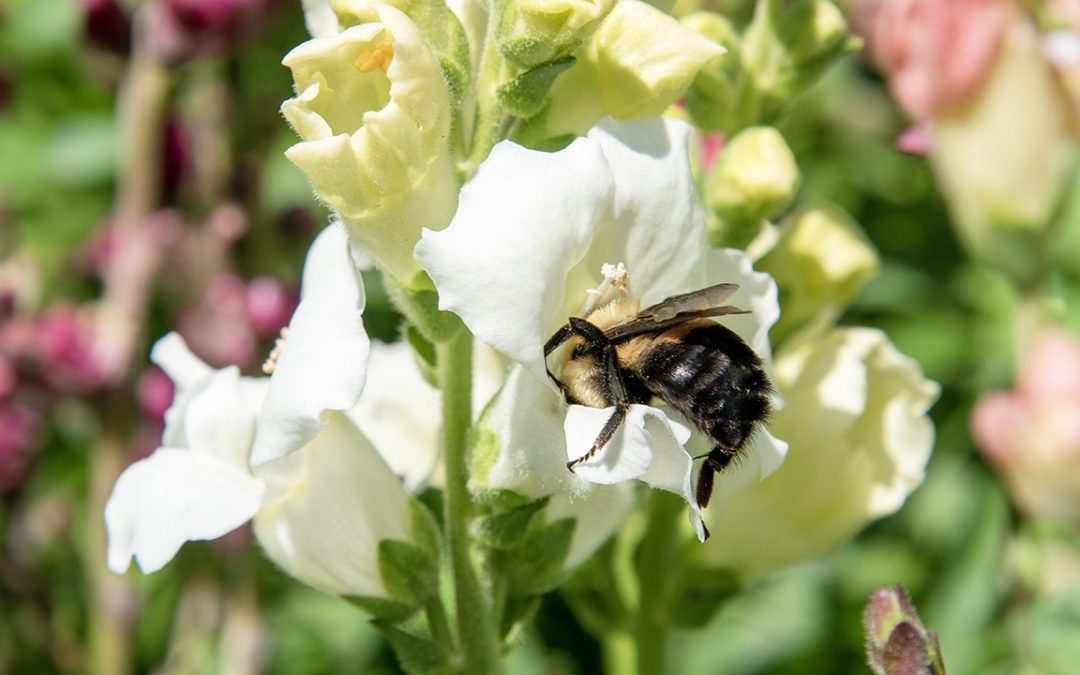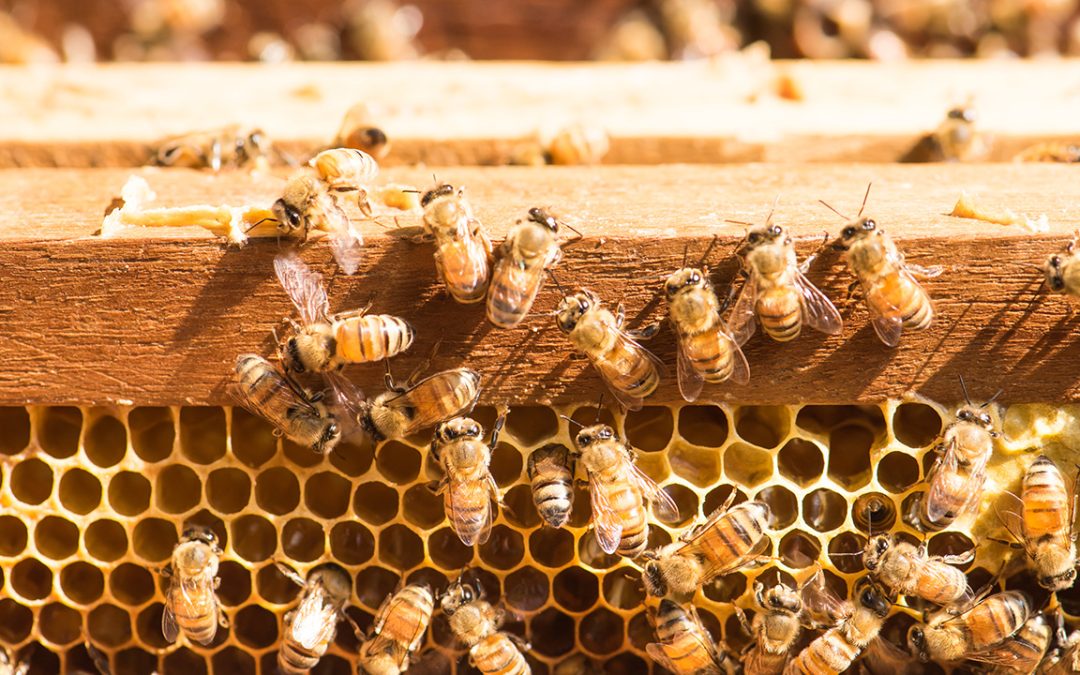Two graduate students in the Department of Entomology and Plant Pathology recently took home awards at the recent meeting of the Southeastern Branch of the Entomological Society of America. Feng Liu, a Ph.D. student in Nannan Liu’s program, and Adekunle (Kunle) Adesanya, a master’s student in David Held’s program, both won awards in the student paper competition at the SEB-USA meeting in March. Feng won 2nd place in the Ph.D. student oral presentation competition for his paper, “Human Odorant Reception in the Common Bed Bug, Cimex lectularius.” Kunle was a double winner, taking 2nd place in both the M.S. student poster and oral presentation competitions with papers, “Do Detoxification Enzymes Enable Generalism By Japanese Beetles?” and “Geranium Intoxication and Consequence on Detoxification Enzymes in a Polyphagous Scarab, Popillia japonica Newman.”
Entomology graduate students win at regional competition
Subscribe
Contact Us

Mary Catherine Gaston is a freelance writer who specializes in agricultural and rural topics. She finds time to write in the midst of homeschooling two children and helping her husband Wes on their row crop and cattle farm near Plains, Georgia. MC holds degrees from Auburn University and Virginia Tech.
Recent News
Related Articles

Geoff Williams named director of new Bee Center
Geoff Williams, associate professor, graduate program officer and longtime director of the AU-Bees Lab, is director of the new Auburn University Bee Center, effective Tuesday, April 1. In February, the Board of Trustees approved the establishment of the Auburn...

Board of Trustees approves two agriculture projects at February meeting
Children’s garden, new Auburn University Bee Center approved Two transformational projects for the Auburn University College of Agriculture were approved by the Board of Trustees at its meeting on Friday, Feb. 7. First, the board approved phase one of a new children’s...

National survey indicates highest bee colony losses in 14 years
The annual U.S. Beekeeping Survey, designed and administered by Auburn University and Apiary Inspectors of America, indicates the highest colony losses since the 2010-11 beekeeping season, when colony loss rates were first determined. U.S. beekeepers lost an estimated...
